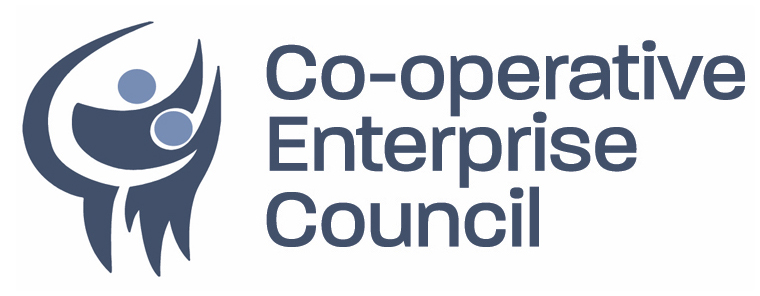Stop trying to fit a square peg into a round hole
42 Range
This Guest Blog by columnist Sue Rickards was recently published in the Daily Gleaner and Telegraph Journal and reprinted with Sue
‘s permission.
In his fascinating book called “Range: Why Generalists Triumph in a Specialized World”, David Epstein recounts a study which indicated that, in four separate fires in the 1990s, twenty-three elite wildland firefighters refused orders to drop their tools and perished beside them, although ditching their equipment would have given them enough speed to escape the flames. This example supports his contention that specialists may be unable to separate themselves from internalized procedures and practices which have become the core of their personal identity, and cannot be ignored even in desperate circumstances.
Epstein’s thesis is that organizations can be too internally consistent, becoming so rigid that they strive only for conformity and snuff out the individualism which breeds diversity, losing the flexibility in decision-making that is necessary in emergencies. Specialists follow rules and base their decisions on available data, even when reason may cause them to question the legitimacy of their procedures. While firefighters may know that dropping their tools could save them, their intensive training can actually work against them in unexpected situations.
What has this got to do with us? The point is totally relevant as we struggle to make our traditional institutions fit our new realities.
“Our institutions work in parallel trenches, heads down, so we concentrate on the same ineffective responses to persistent issues, instead of developing a unified approach.”
We have organized ourselves into specialized silos in government and in our economic and social structures. While this has enabled us to dig deeply into specific areas of knowledge, it has prevented us from integrating our knowledge into comprehensive solutions to complex problems. For example, we know that poverty is a major determinant of health, and that housing has a critical relationship to both health and poverty. But we cannot seem to bridge the gaps which separate these particular elements, based on standard forms and procedures, to achieve a generalized result, based on reasonable observation and experience. Our institutions work in parallel trenches, heads down, so we concentrate on the same ineffective responses to persistent issues, instead of developing a unified approach.
“It’s pointless to recreate obsolete systems, social or economic. We are into a renaissance that is not temporary, and we shouldn’t pretend that it is. ”
The pandemic has altered our perspectives on many of our established structures and practices. For example, it illuminates changes in the school system which were beginning to surface, particularly the need for experiential learning opportunities which promote the development of responsible citizens.The crisis has revealed the need for drastic operational change which not only protects the health of students and staff, but also offers access to effective education in the context of unforeseen obstacles. Much of this change will come through online learning, but that method has already been shown to have serious deficiencies which leave many students on the outside looking in.
Education specialists are focused on how to adjust the school system so that it can be restored to its previous configuration, including the standard objectives, curriculum, methods and operation. It’s like trying to fit a square peg into a round hole.
“We must drop our tools and prepare our children for unanticipated challenges. Strengthening and tapping into community resources is the first step.”
Instead, the school system should be decentralized, so that students can have hands-on learning experiences at various locations throughout their communities – in libraries, curling clubs, local museums and farms, in businesses and seniors’ residences. Small off-site groups engaged in practical problem solving should supplement classroom time. School buildings can be multipurposed so that diverse living and learning opportunities can be offered under one roof. With food security and nutrition becoming major priorities, greenhouses and aquaculture should be an integral component of school programming.
It’s pointless to recreate obsolete systems, social or economic. We are into a renaissance that is not temporary, and we shouldn’t pretend that it is. We must drop our tools and prepare our children for unanticipated challenges. Strengthening and tapping into community resources is the first step.

